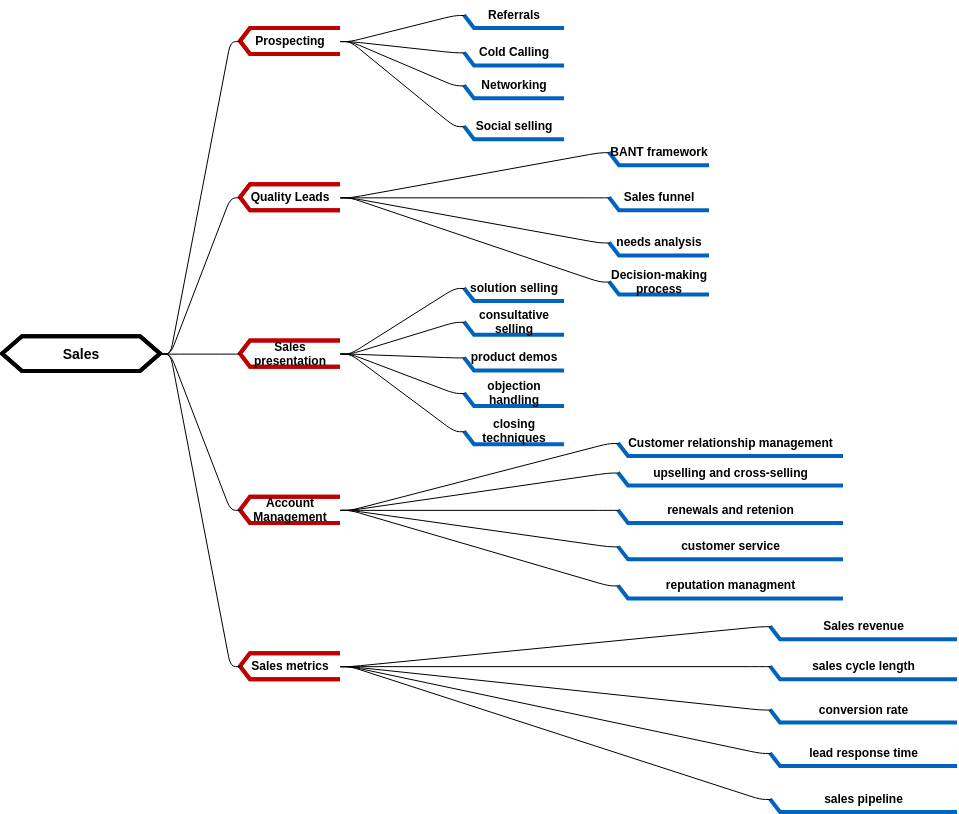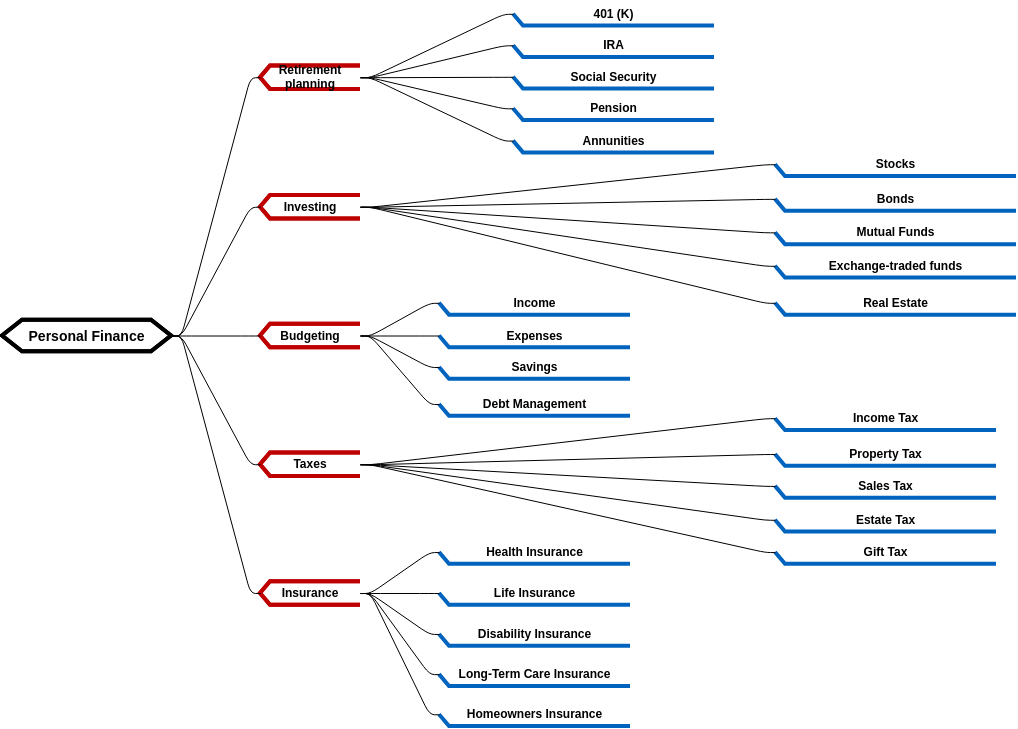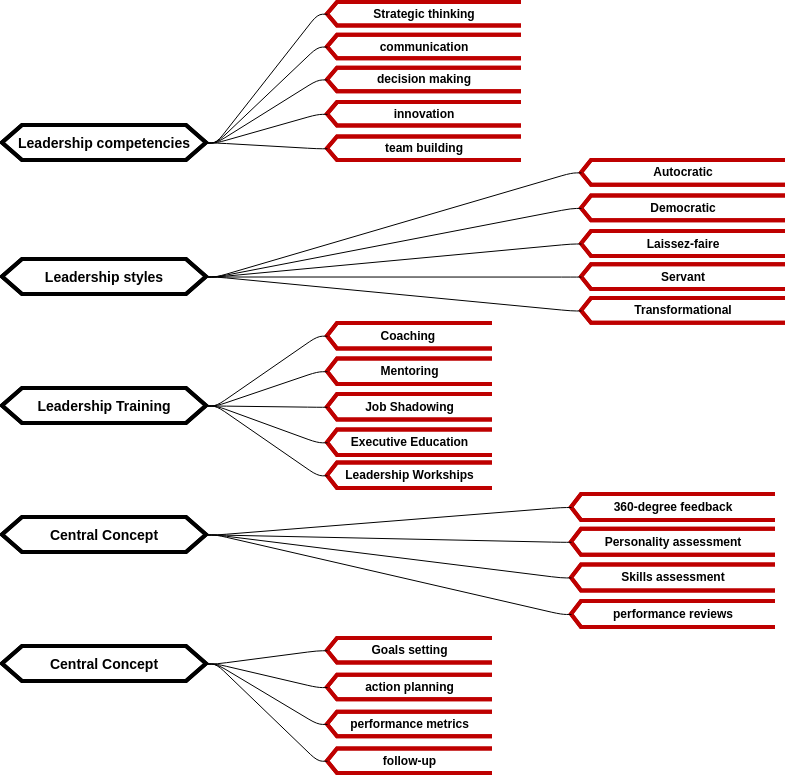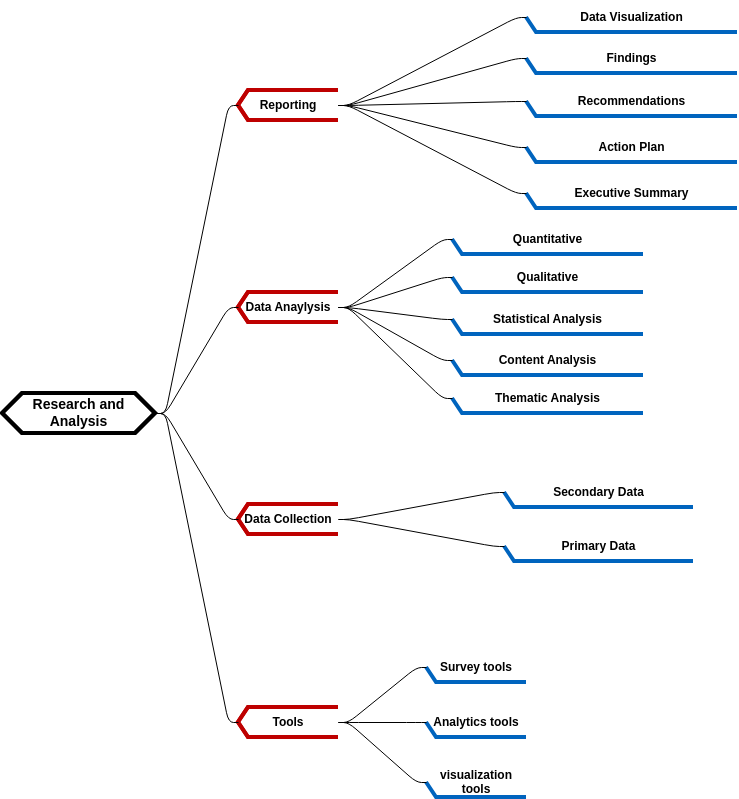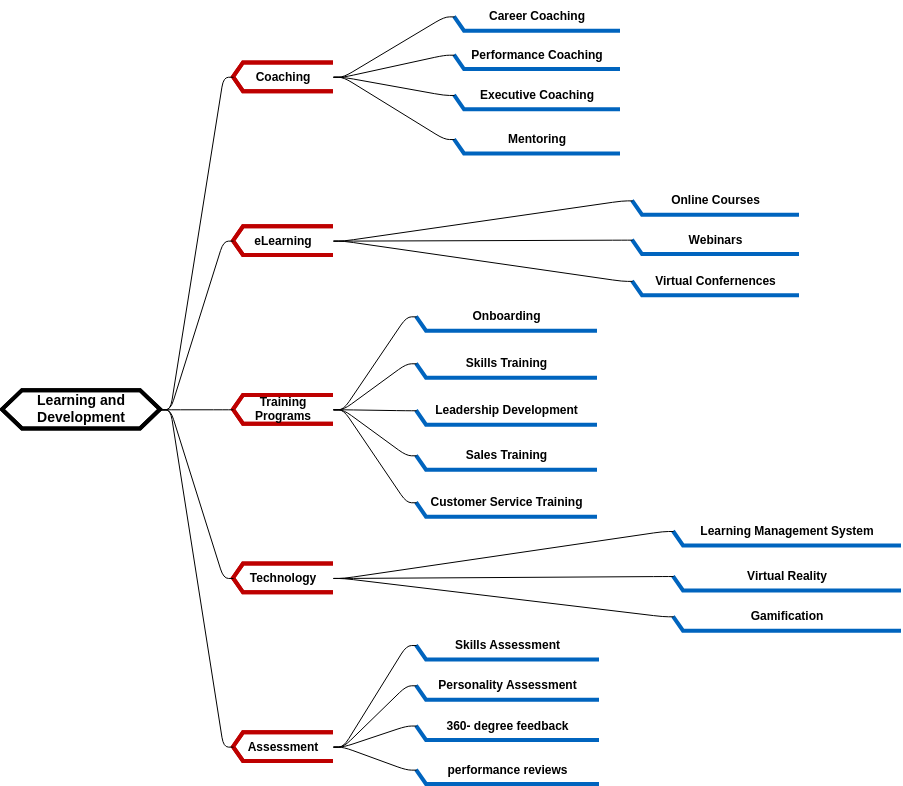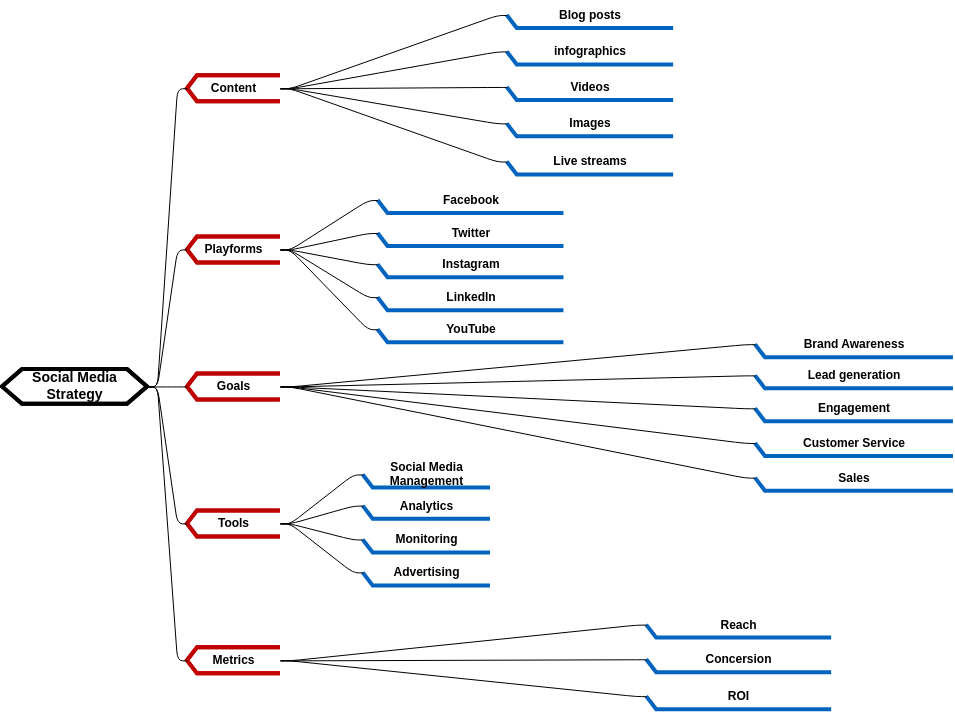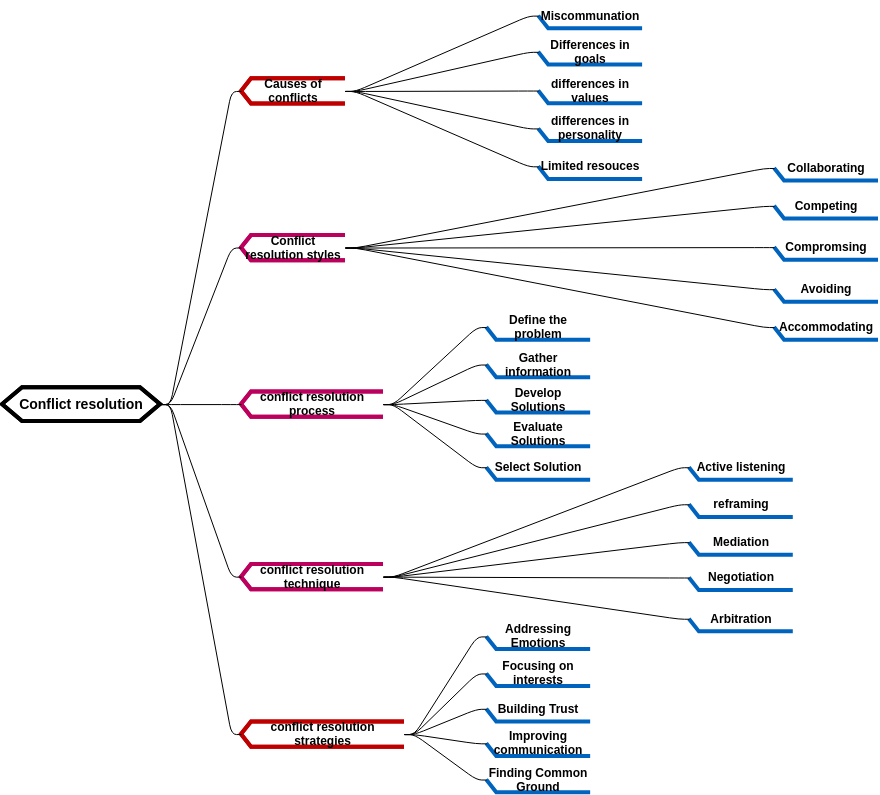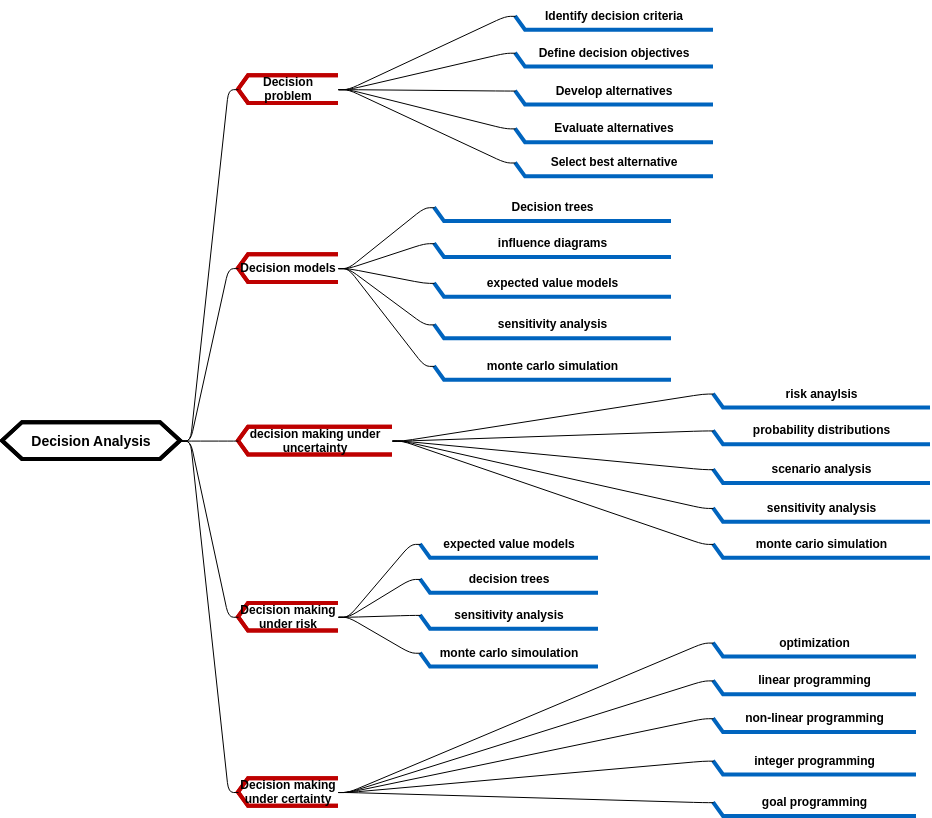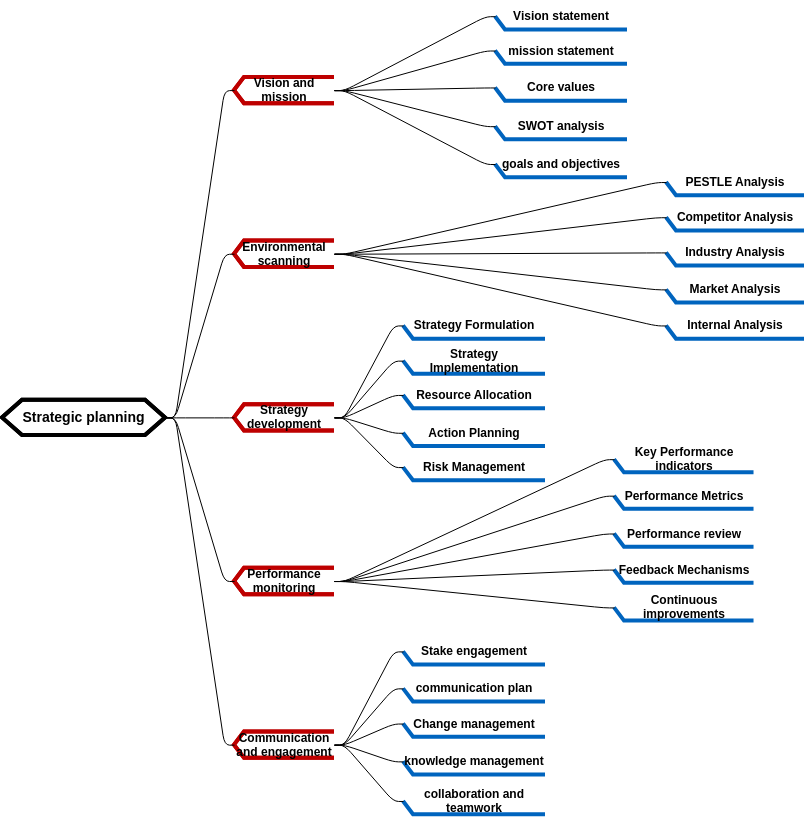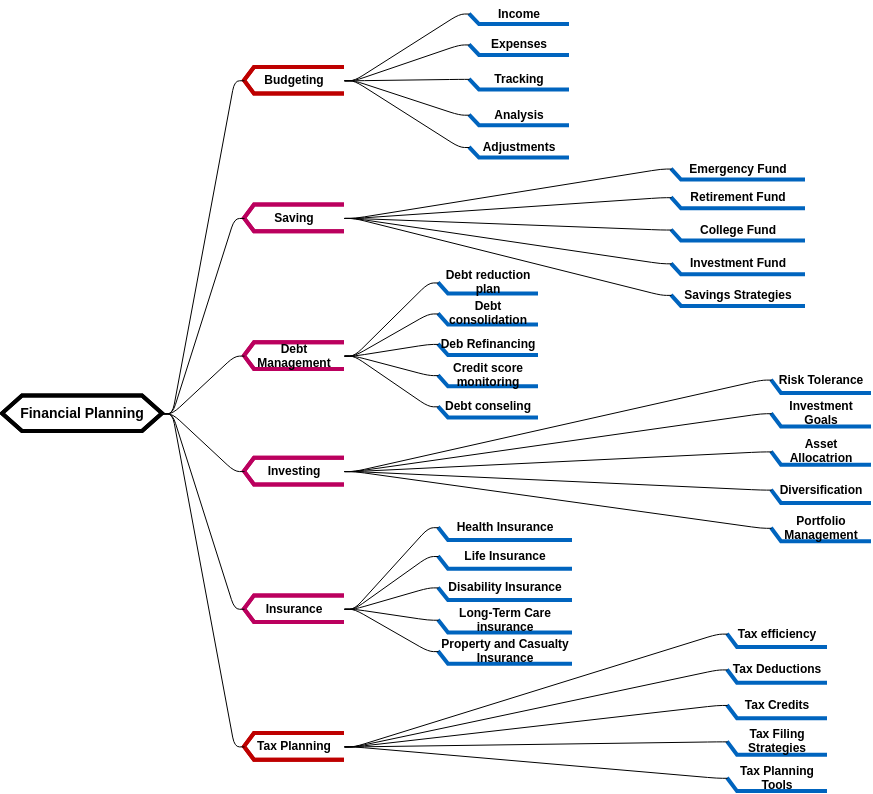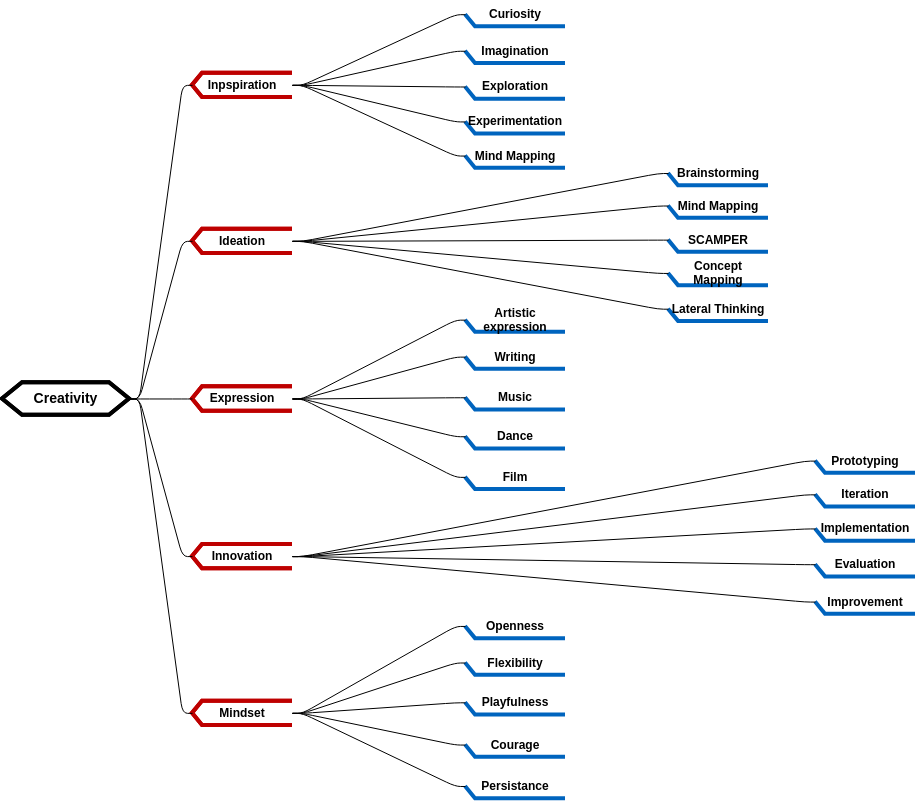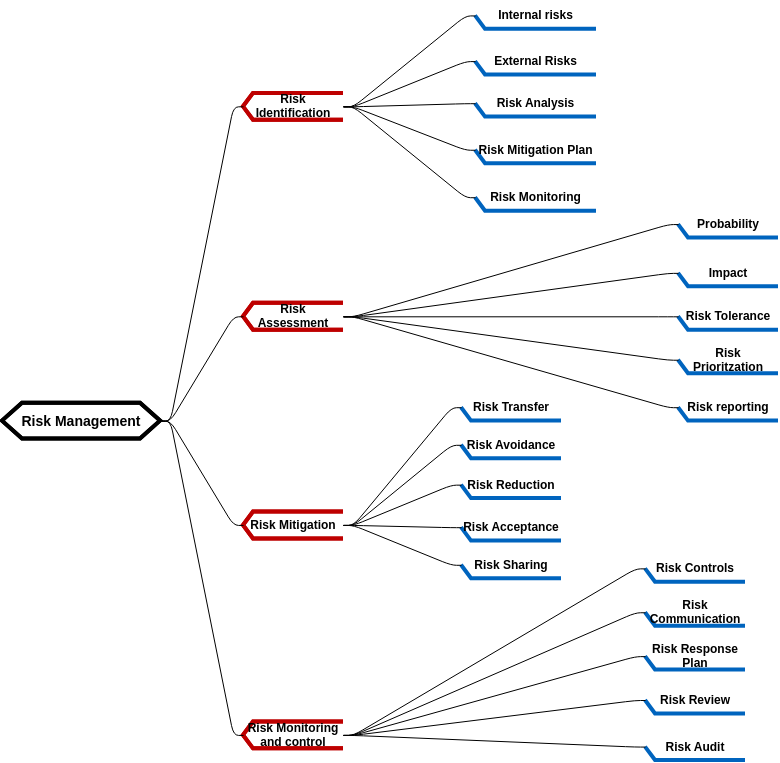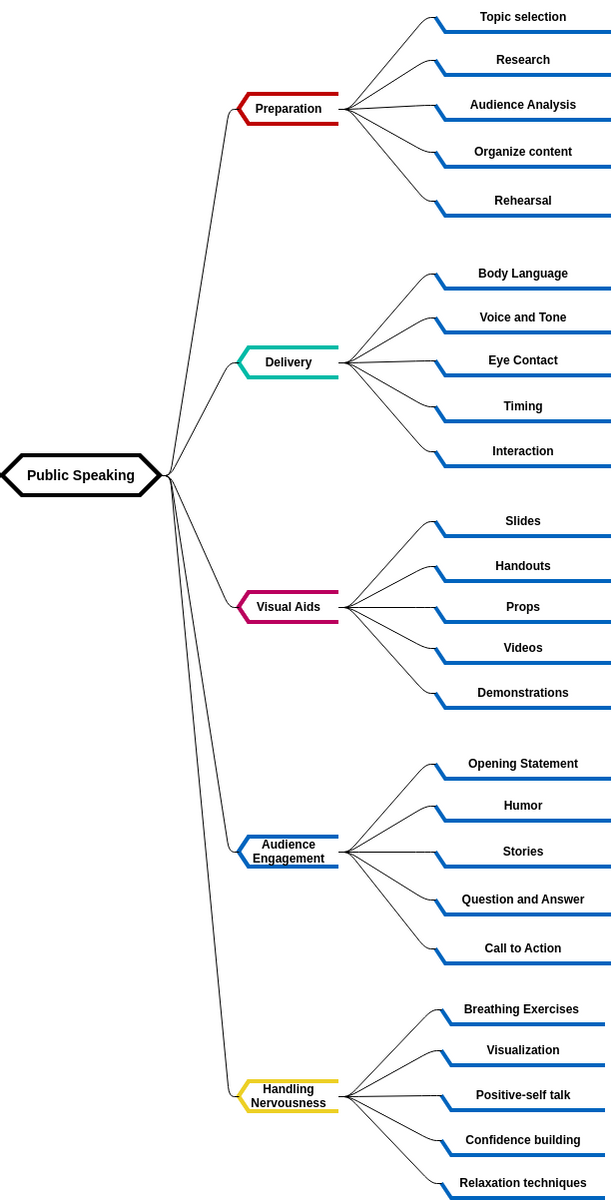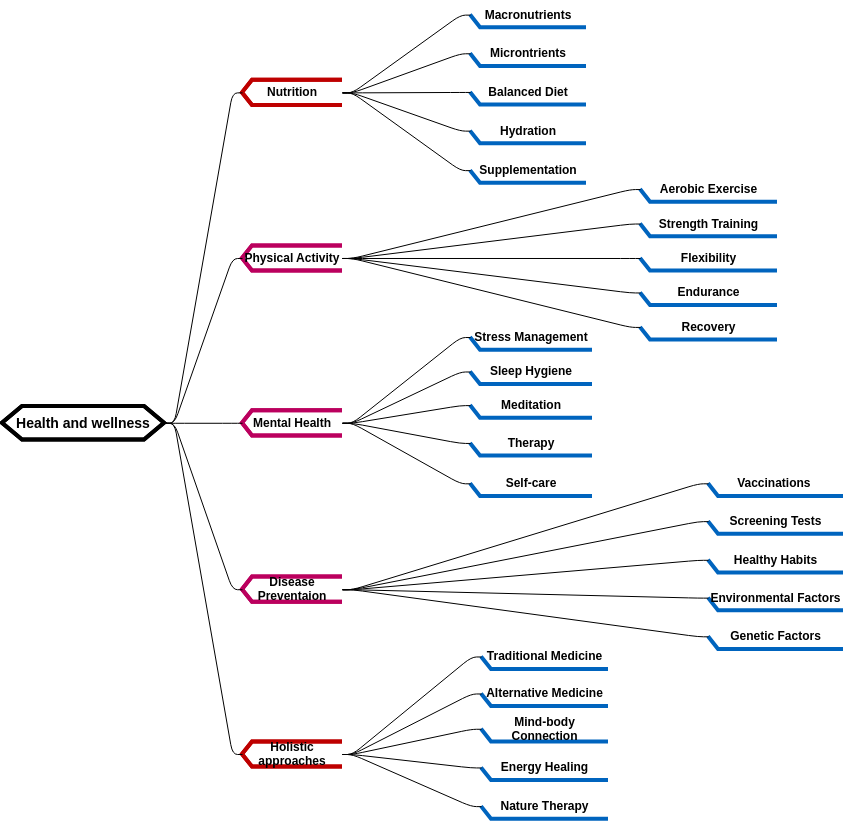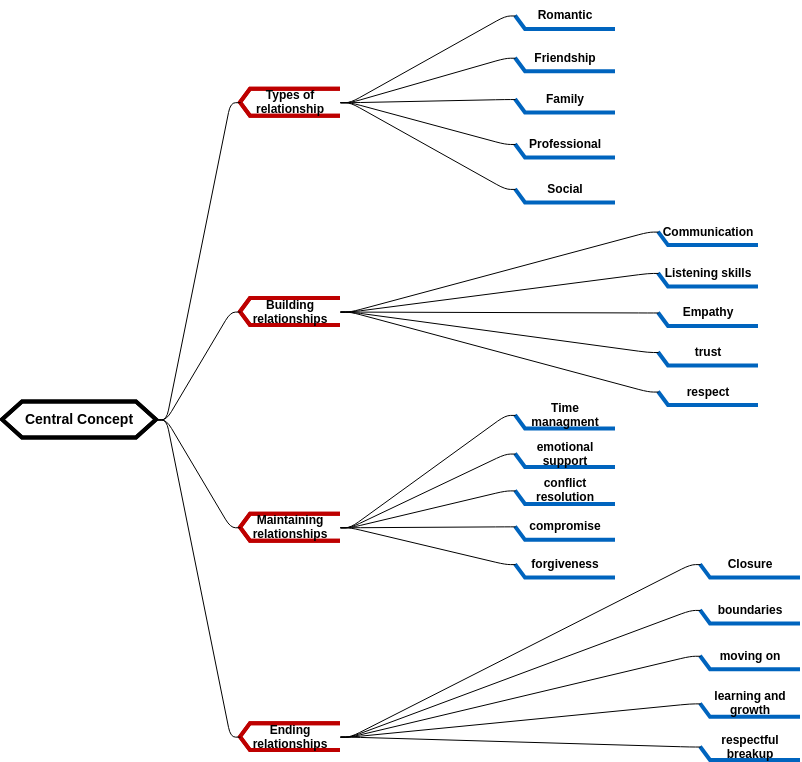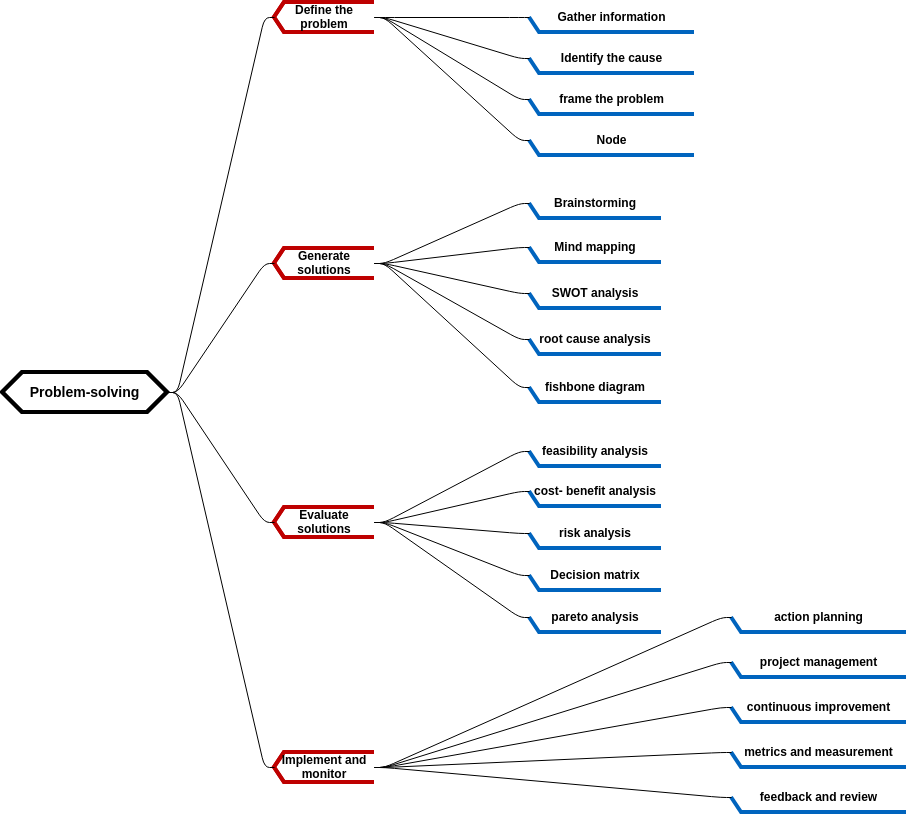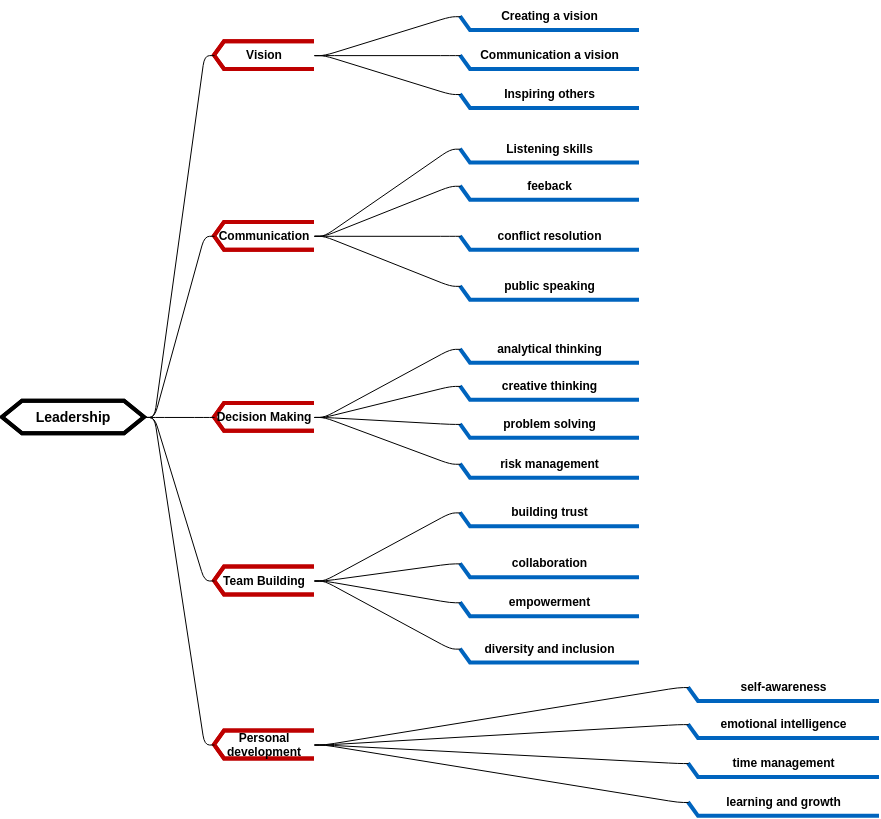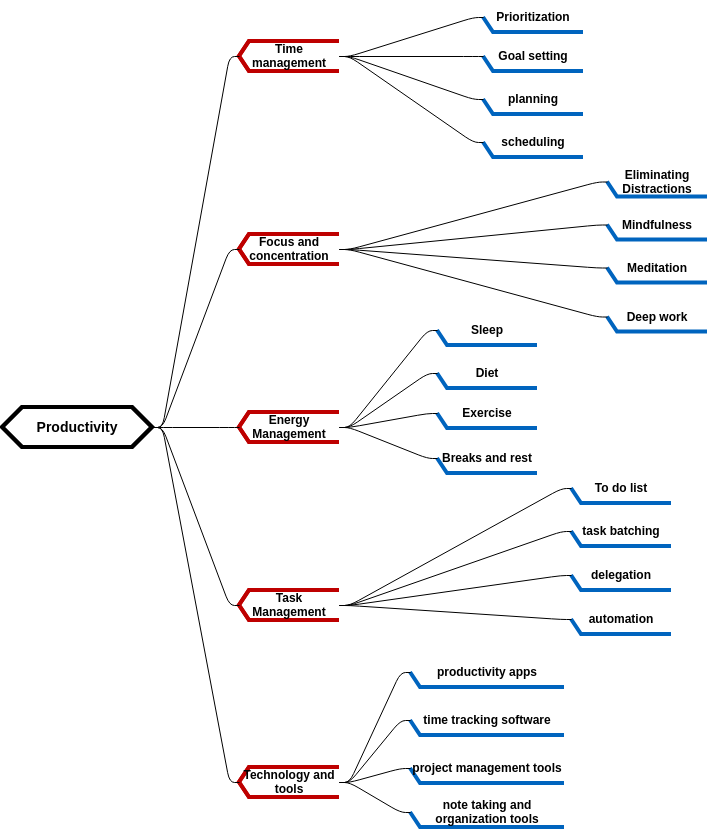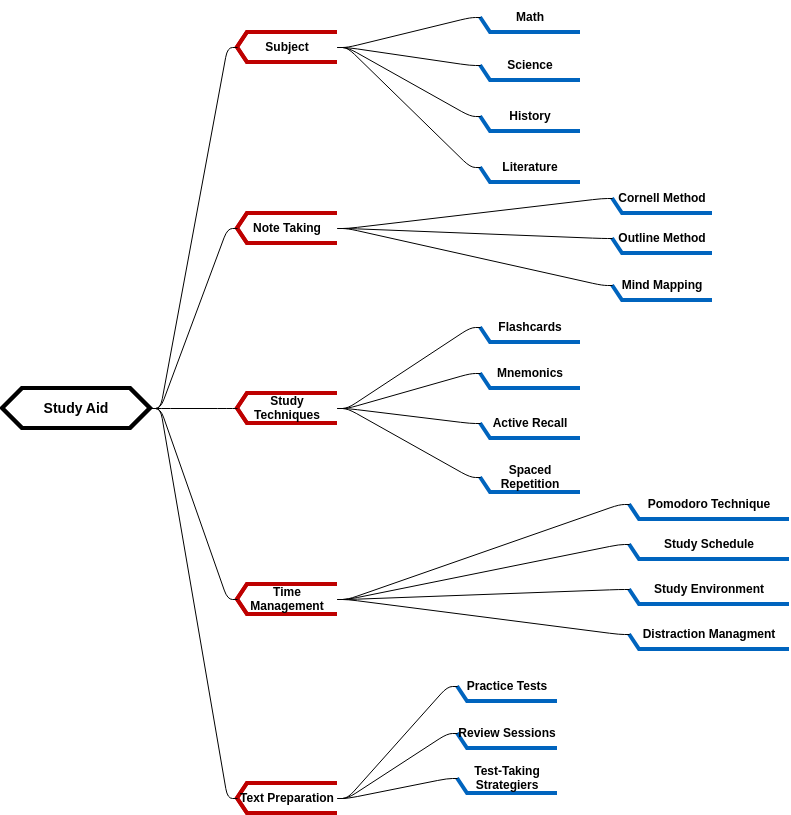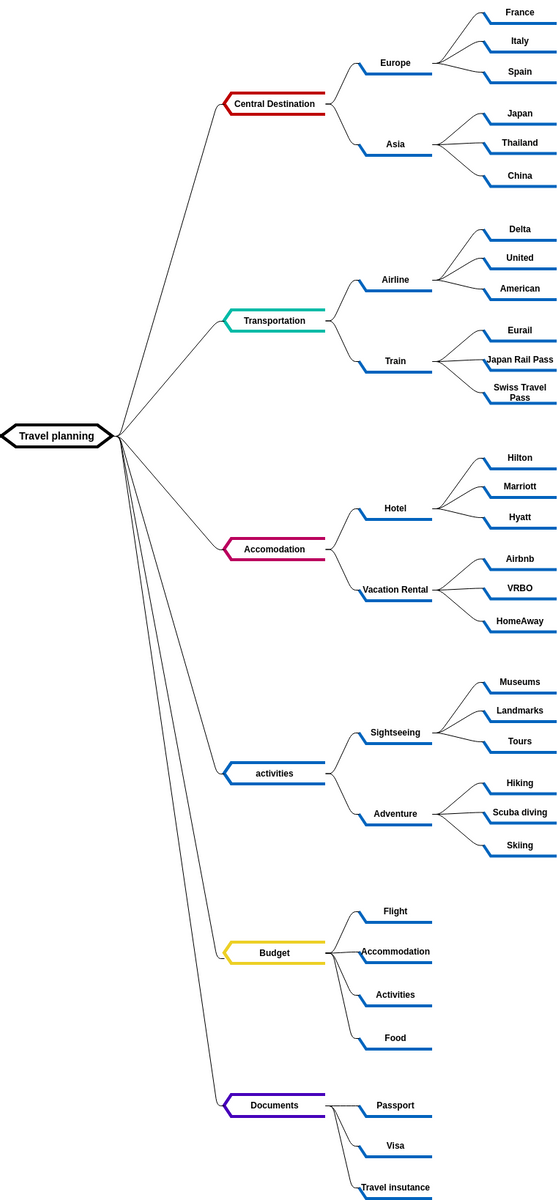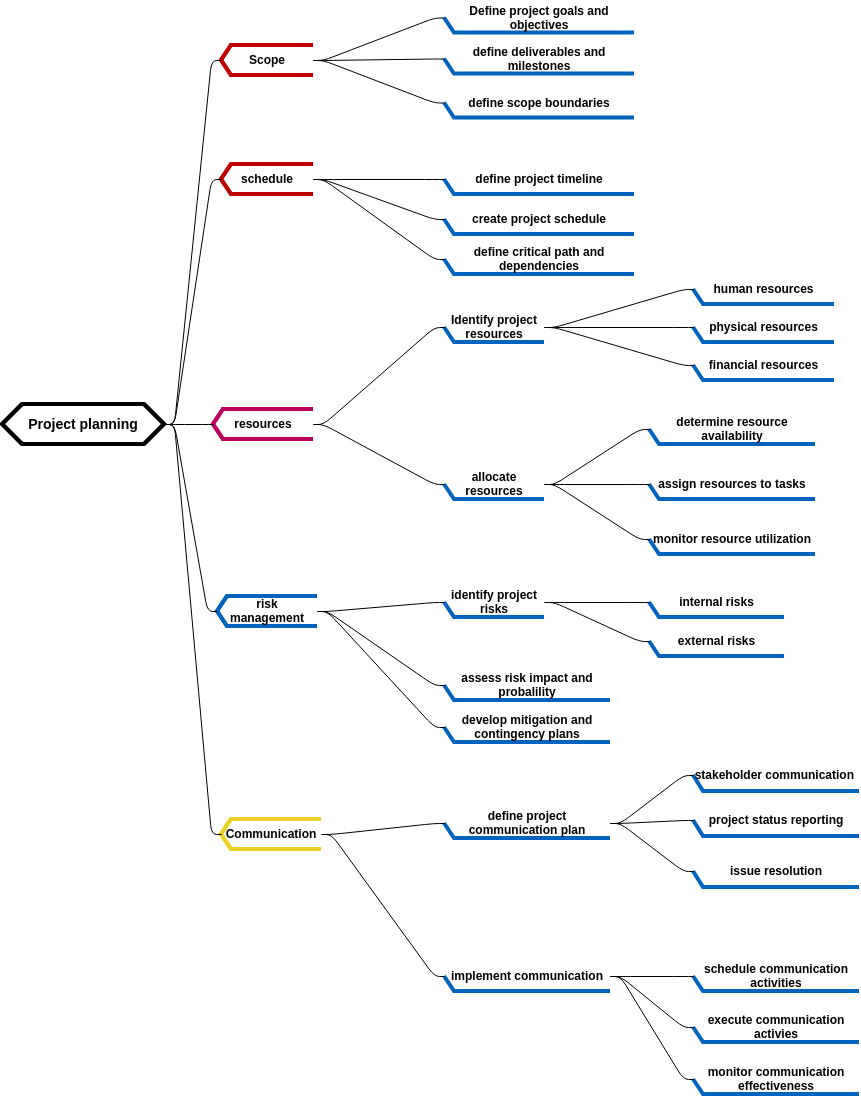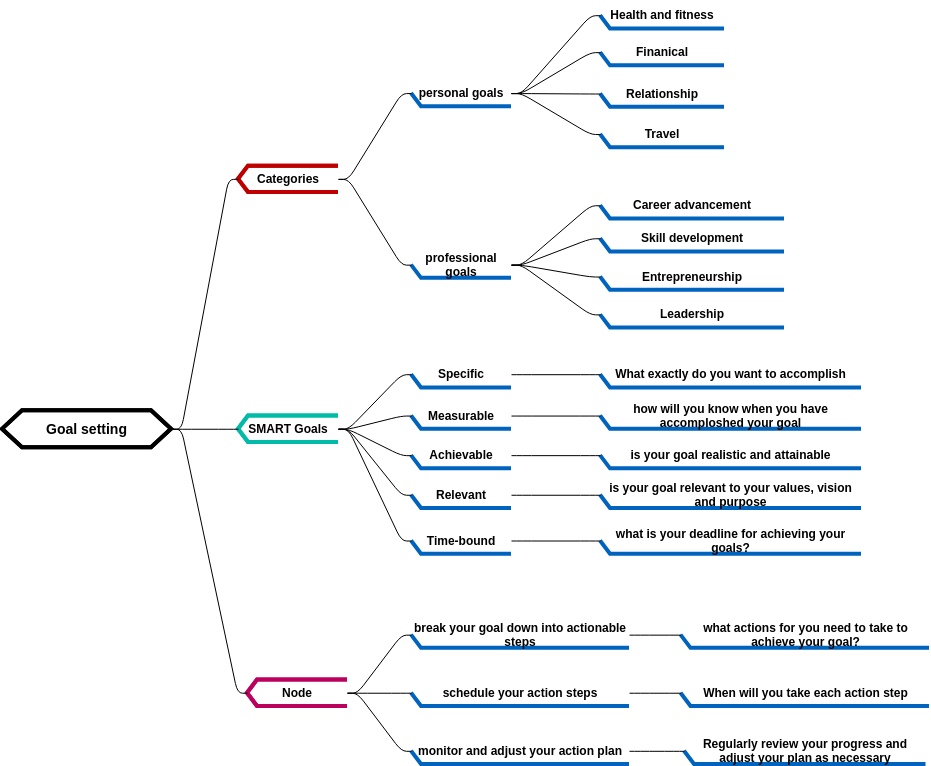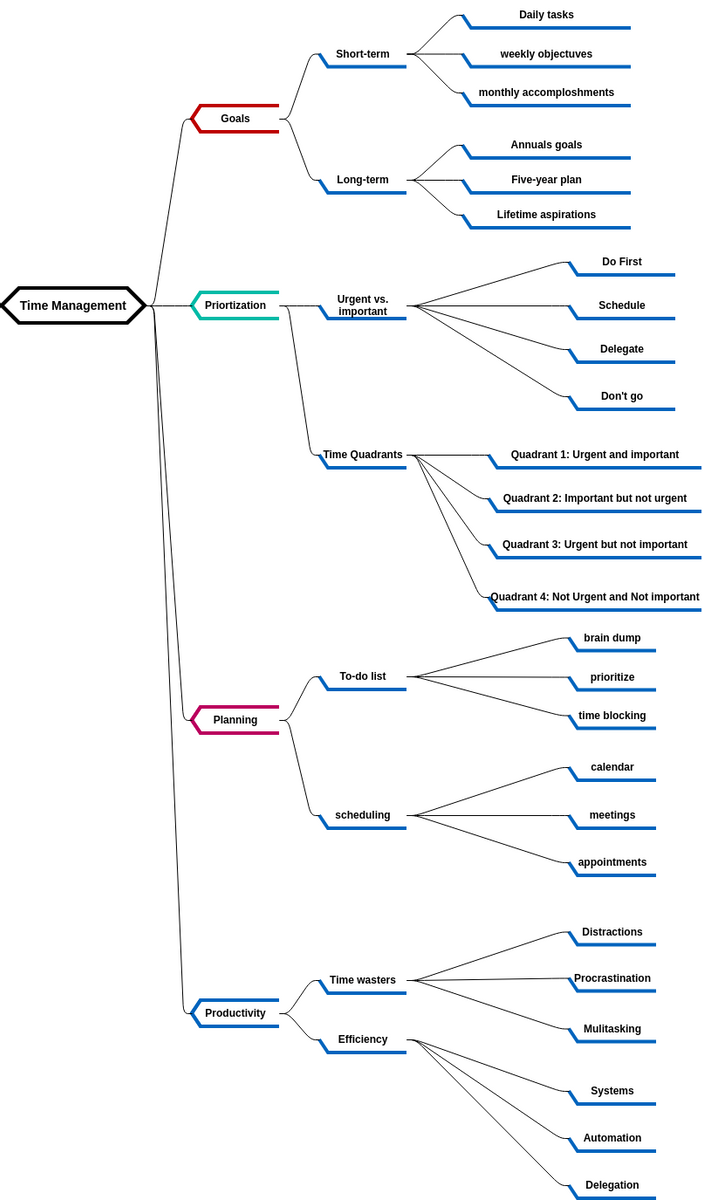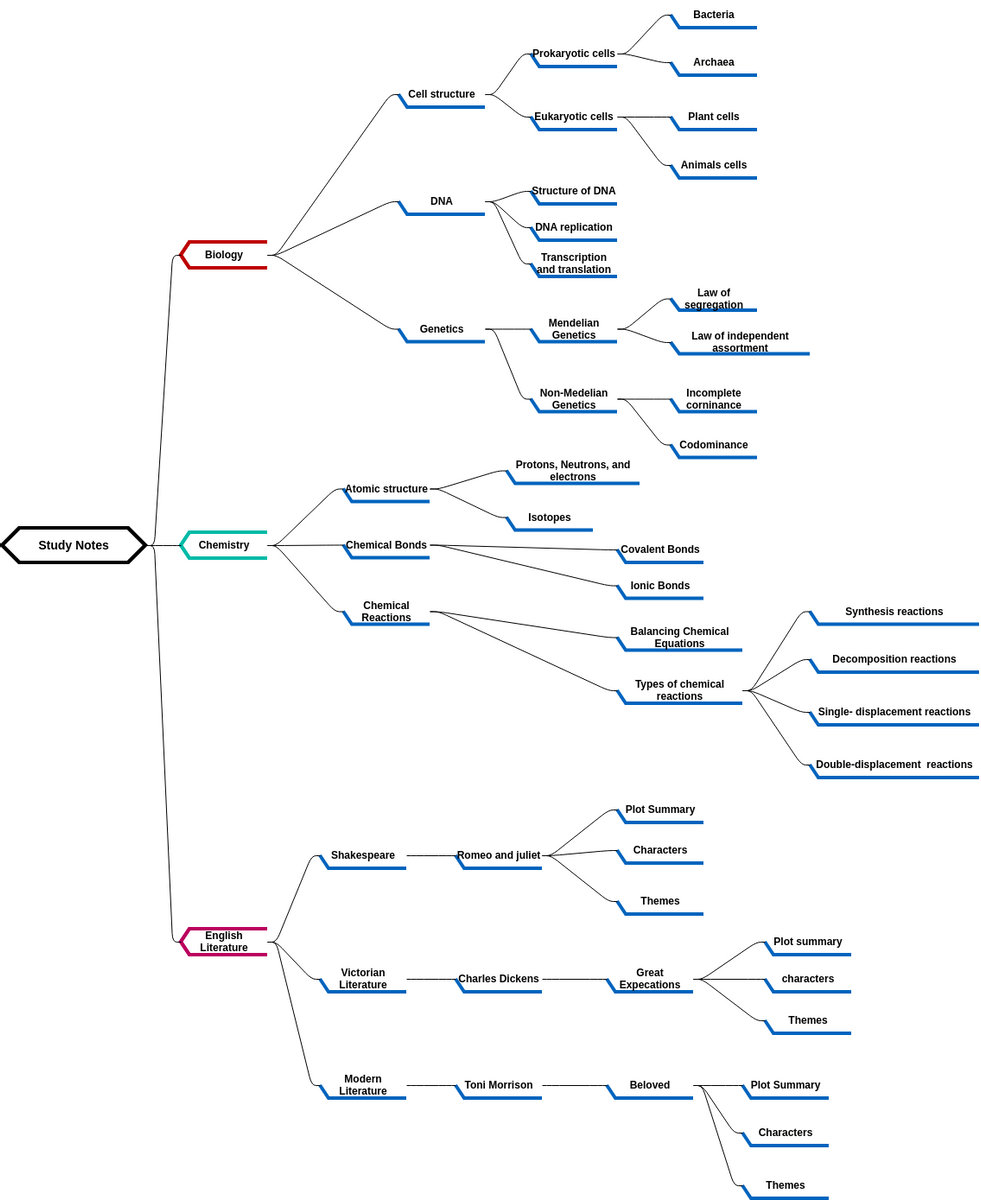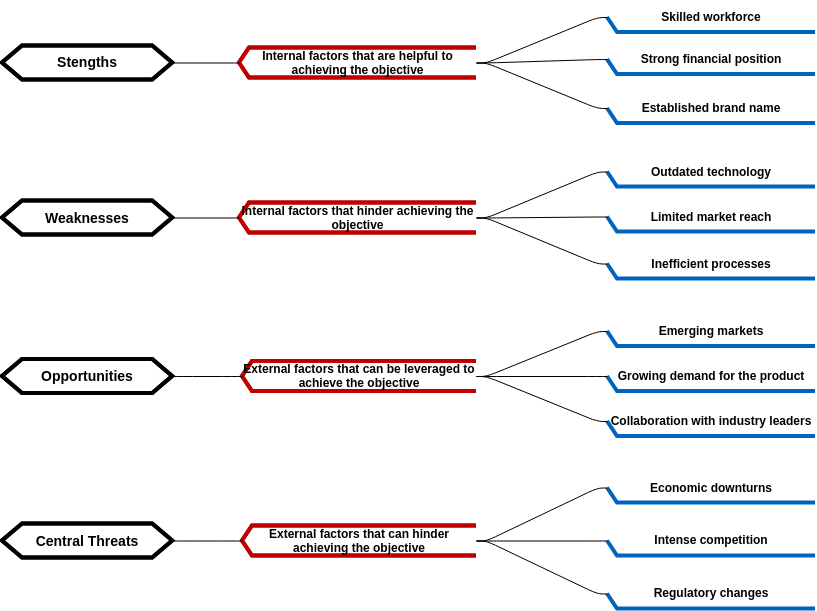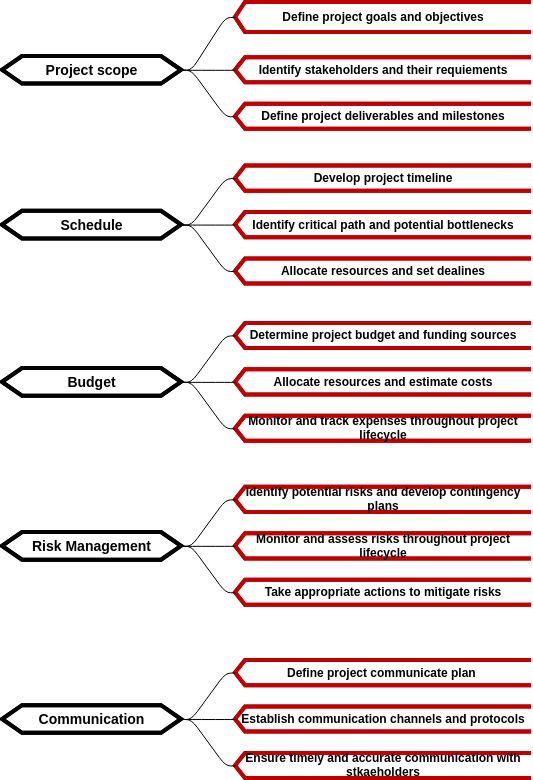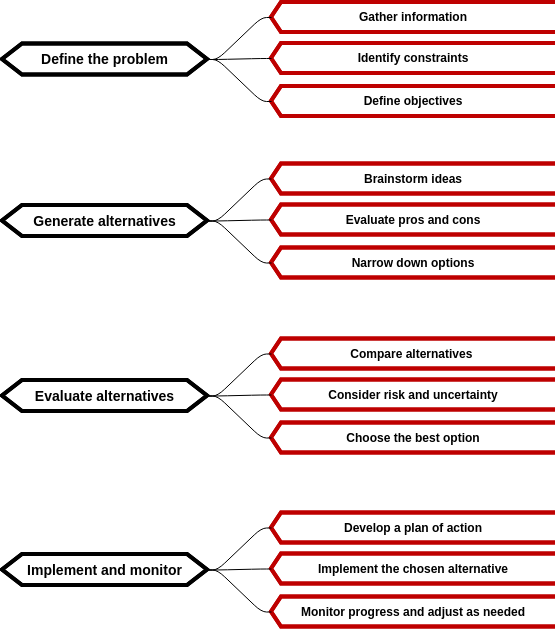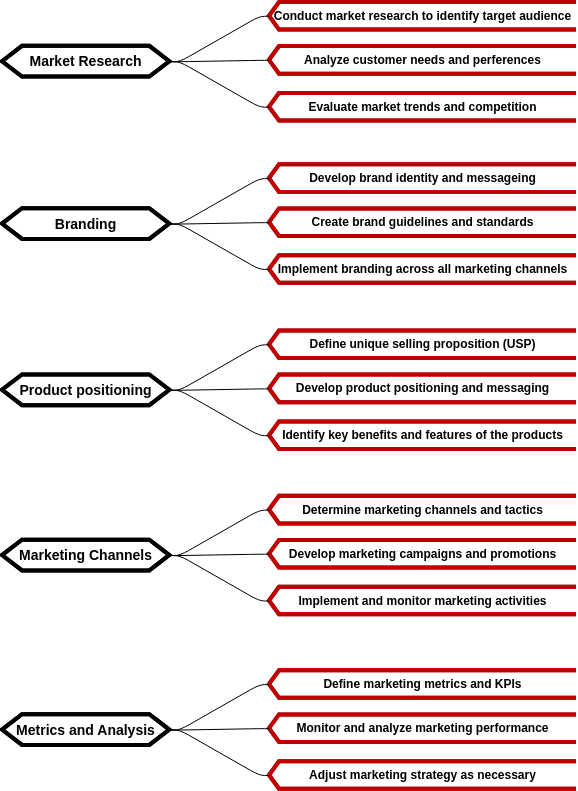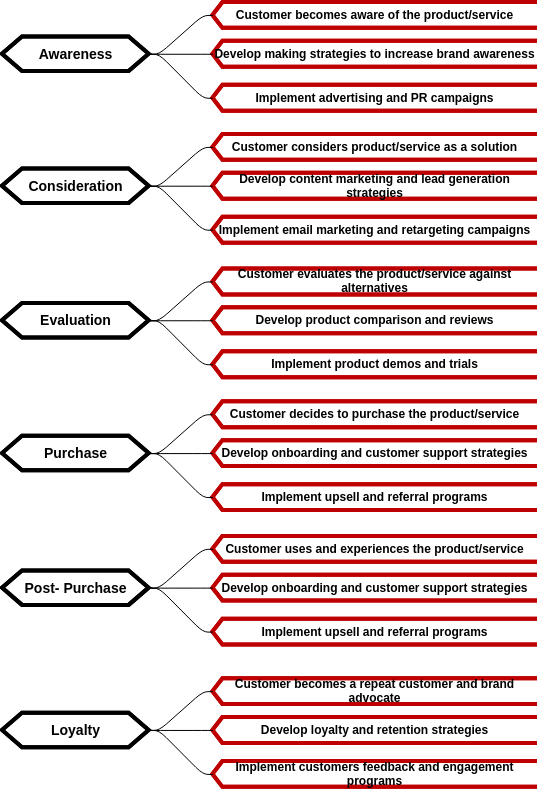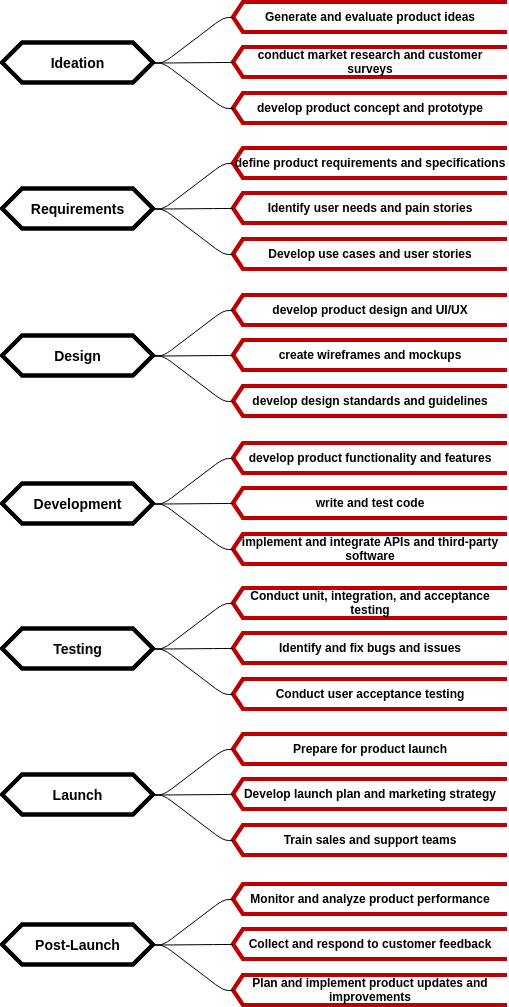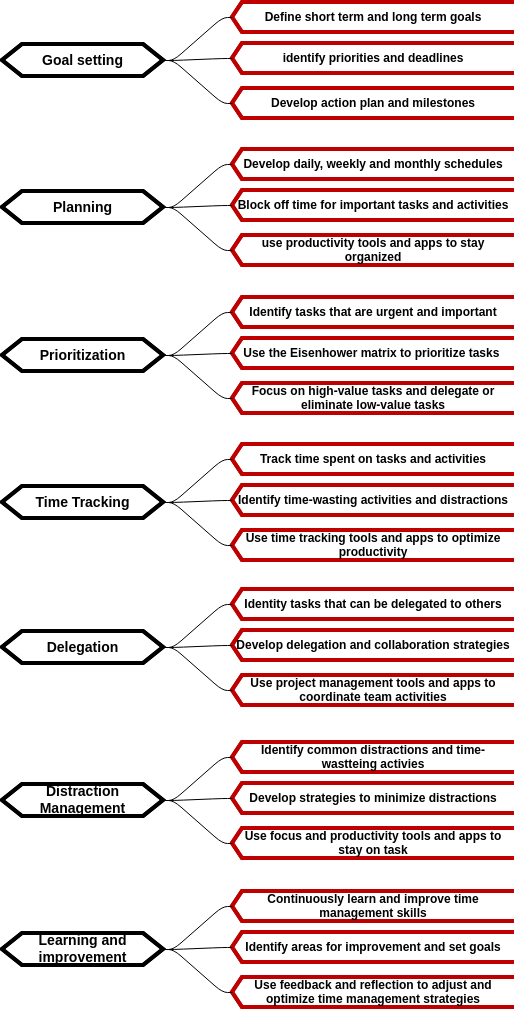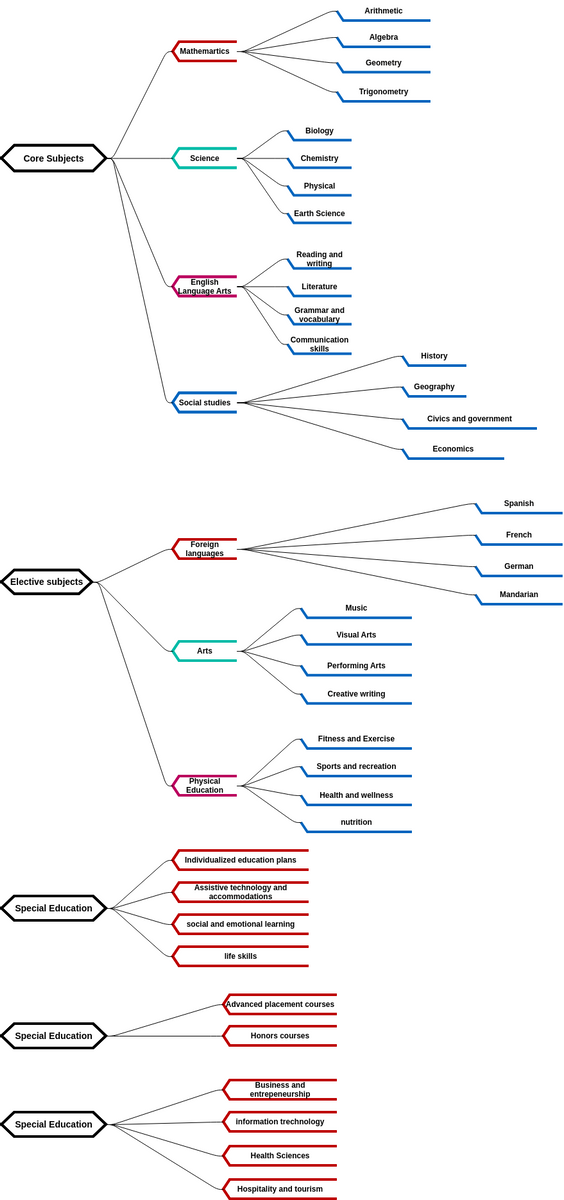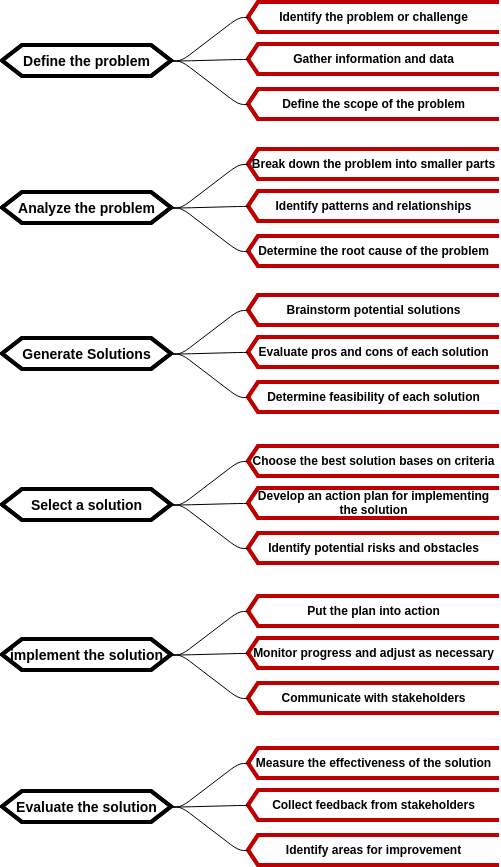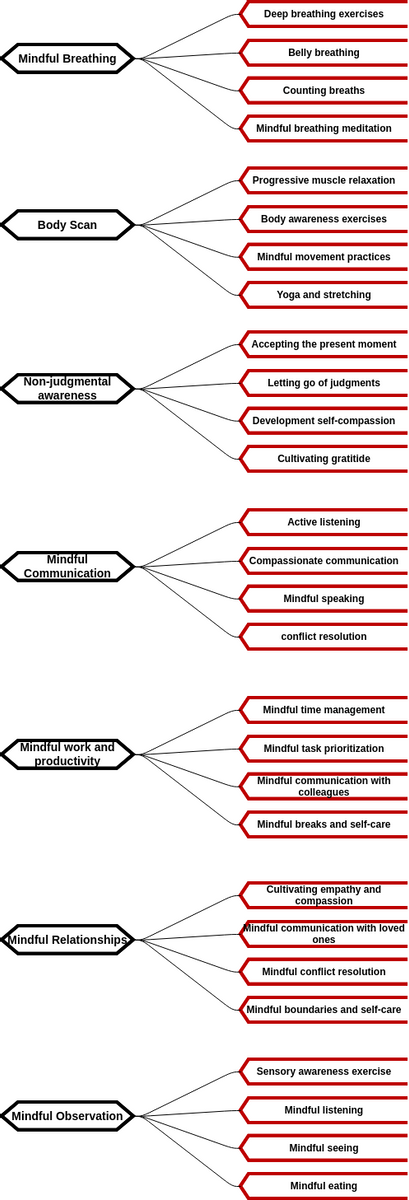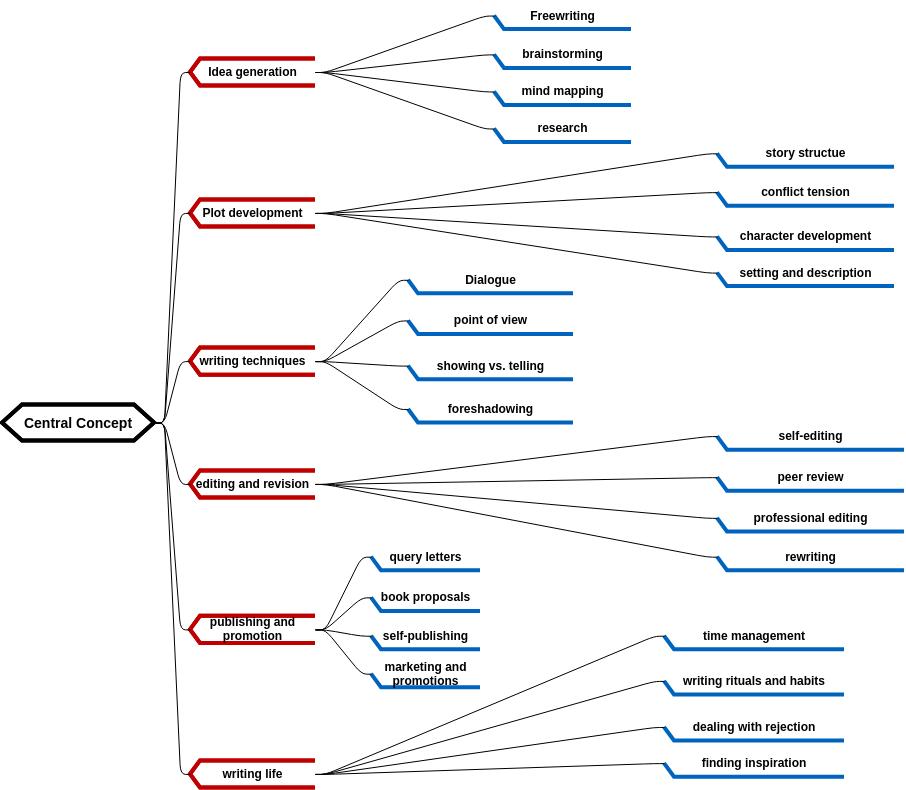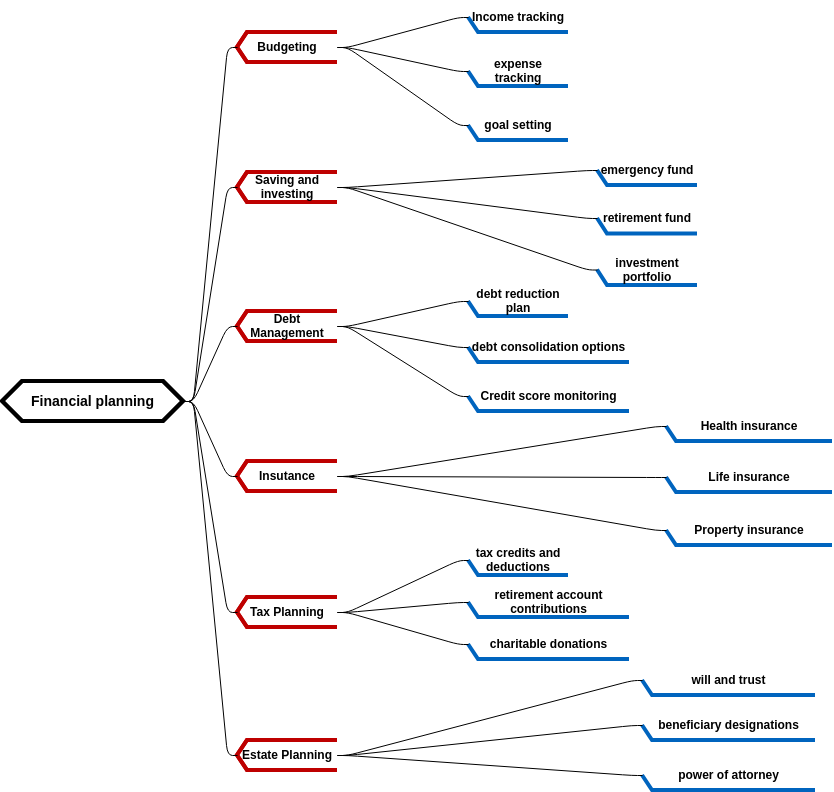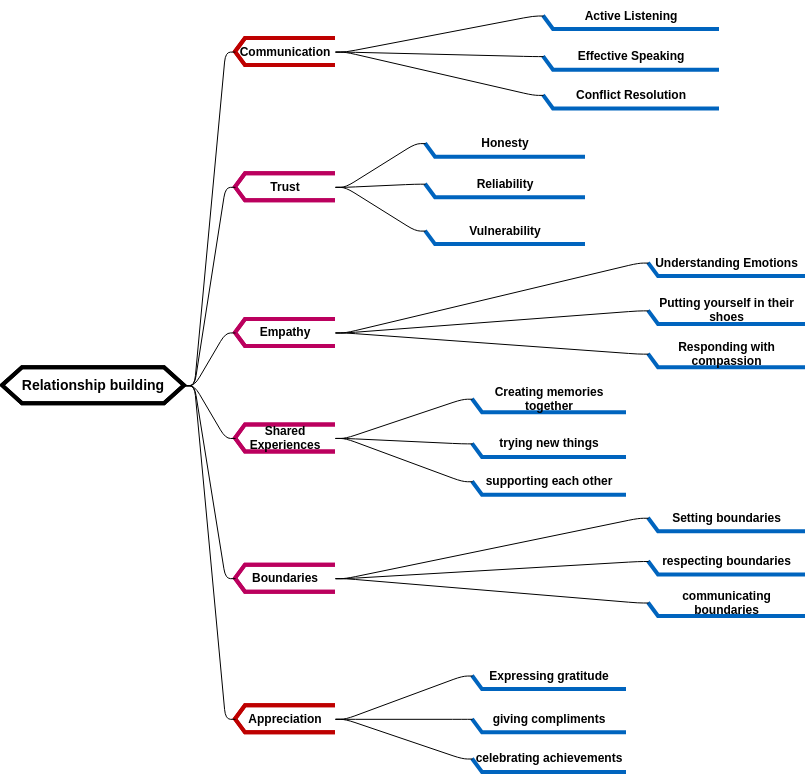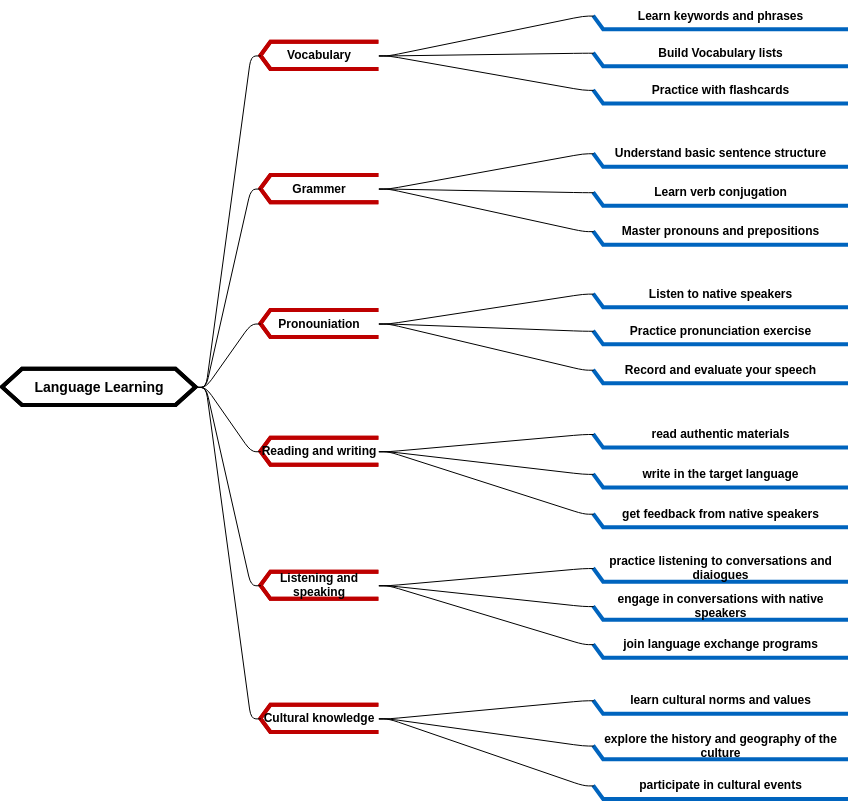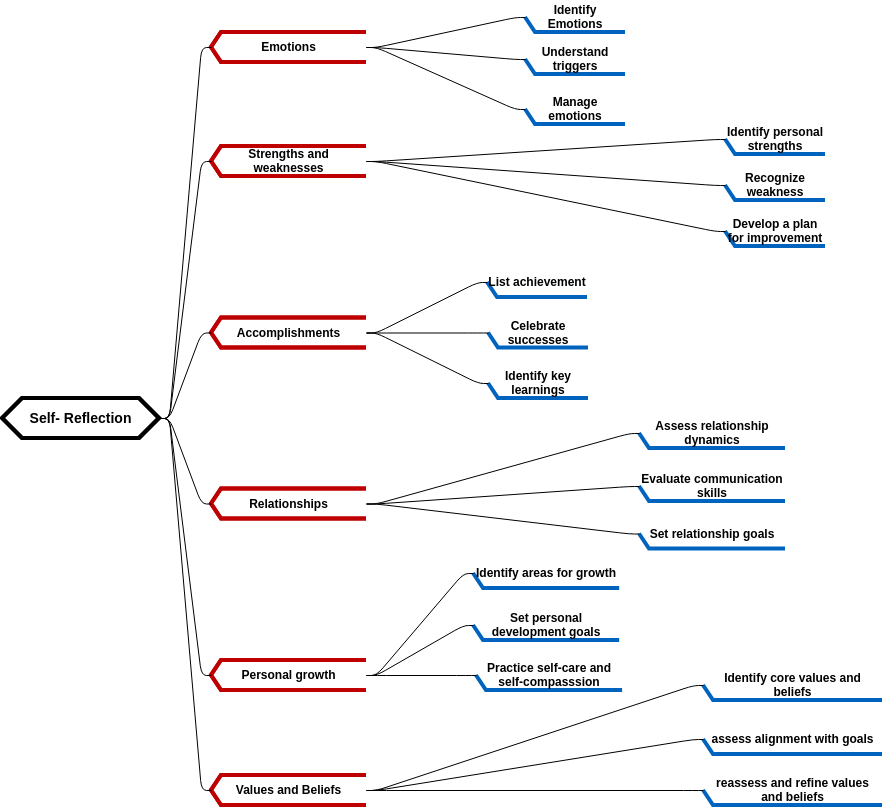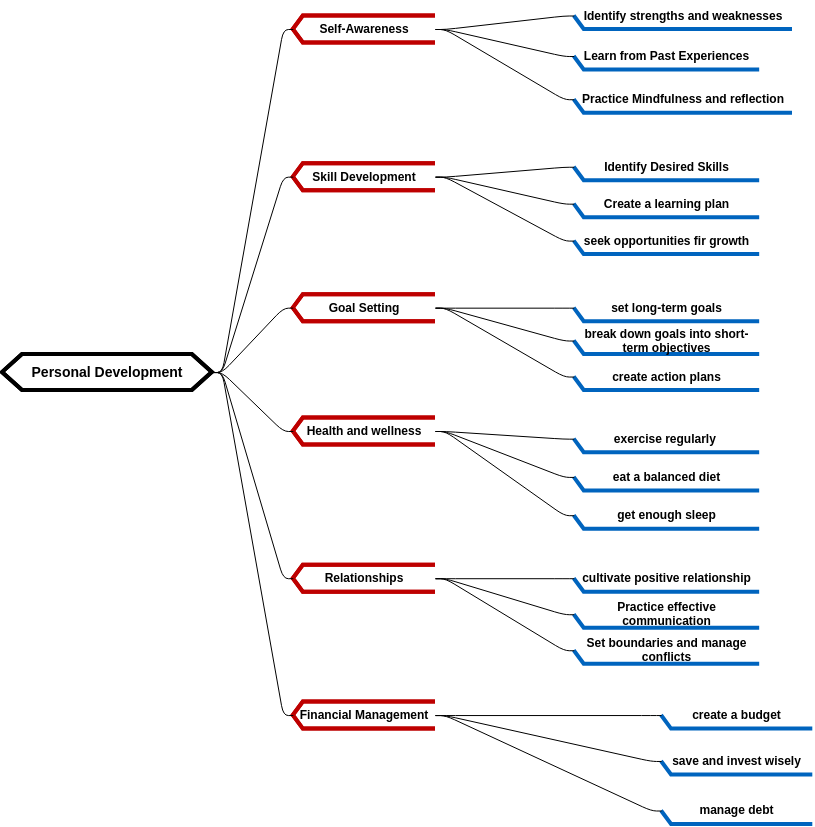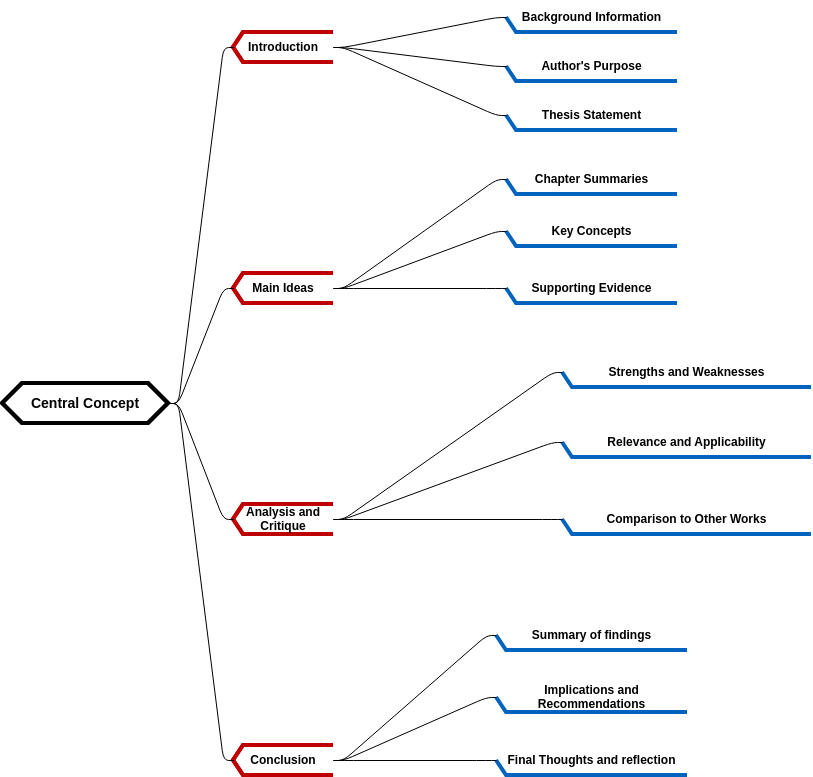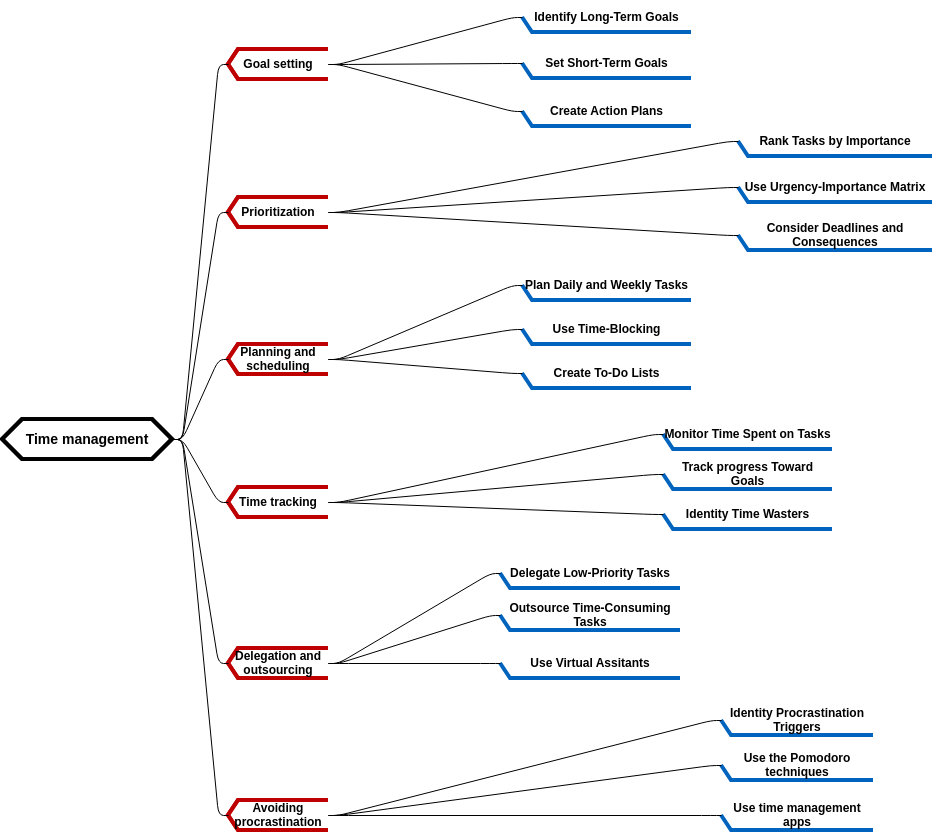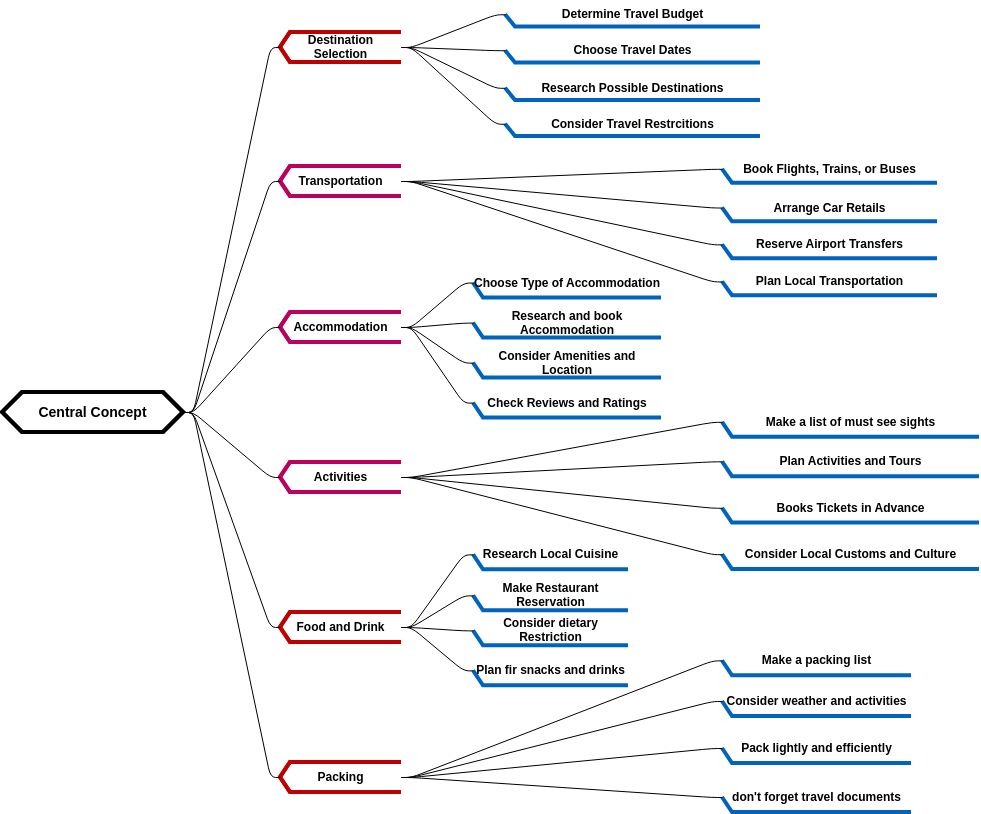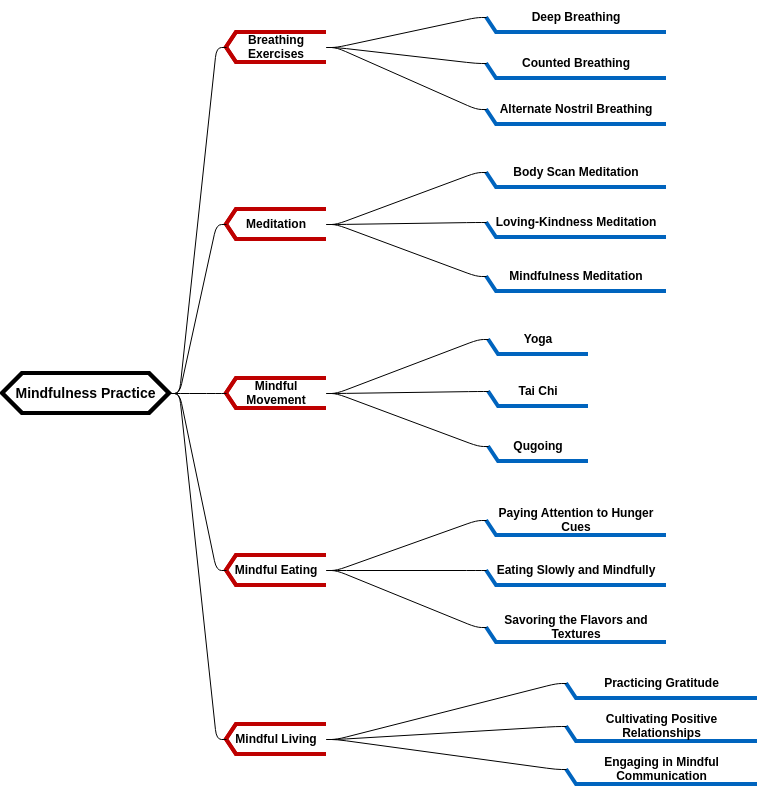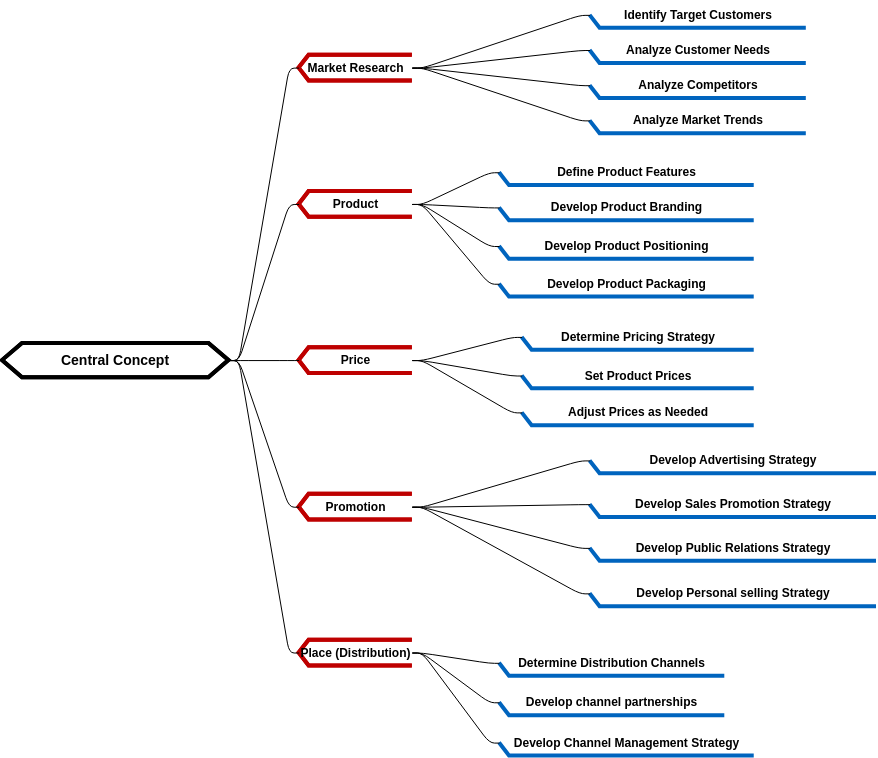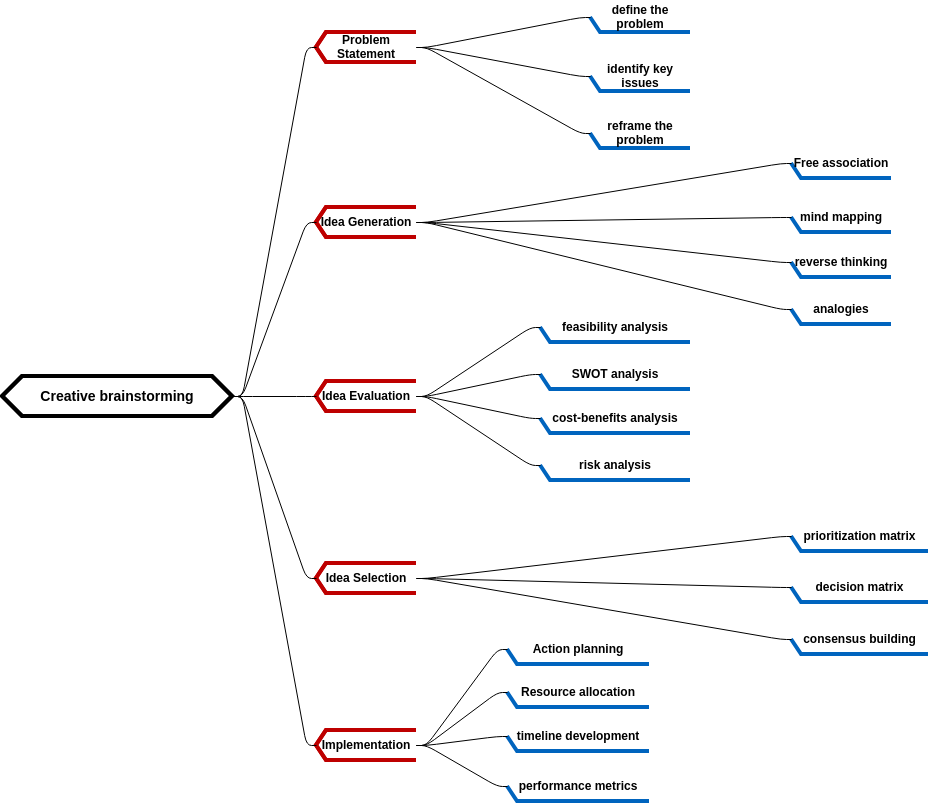The Sales Mind Map provides a roadmap for the critical components involved in the sales process. The Mind Map lists 12 steps, including prospecting, cold calling, social selling, sales funnel, decision-making process, sales presentation, product demos, closing techniques, account management, upselling and cross-selling, customer service, sales metrics, sales revenue, and lead response time.
The first component, Prospecting, involves identifying potential customers and generating leads. This step ensures that sales professionals have a steady flow of sales opportunities.
The second component, Cold Calling, involves reaching out to potential customers to generate interest in the product or service. This step is critical as it helps to establish a relationship with potential customers and identify their needs and interests.
The third component, Sales Funnel, involves moving potential customers through the sales process from initial contact to purchase. This step ensures that potential customers are moving towards a purchase and identifies any roadblocks.
The fourth component, Sales Presentation, involves creating a compelling presentation that highlights the features and benefits of the product or service. This step helps to communicate the value of the product or service and address any concerns or objections potential customers may have.
Benefits of creating this mind map
Creating a Mind Map for Sales offers several benefits. Firstly, it provides a clear and comprehensive overview of the critical components involved in the sales process. The Mind Map helps sales professionals to identify and prioritize key components such as prospecting, social selling, sales funnel management, effective sales presentations, and closing techniques. This understanding ensures that sales professionals can make informed decisions about their sales approach and take the necessary steps to increase sales revenue and improve customer satisfaction.
Secondly, the Mind Map can be used as a tool for personal and professional development. Sales professionals can use the Mind Map to identify areas where they need to improve and develop new skills. They can also use it to set goals and create action plans for achieving their sales objectives. The Mind Map can be used as a reference tool to track progress and ensure that sales professionals are on the right track towards achieving their goals.
Are you in search of mind map templates? Head over to Visual Paradigm Online and choose from a range of designs that can be customized to suit your needs.
